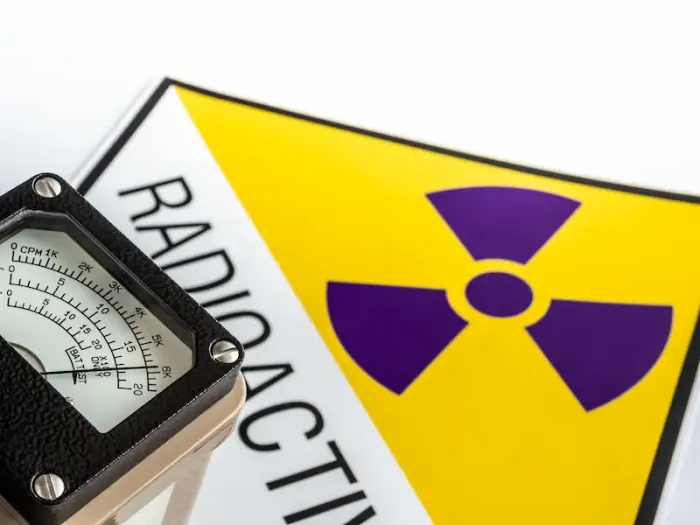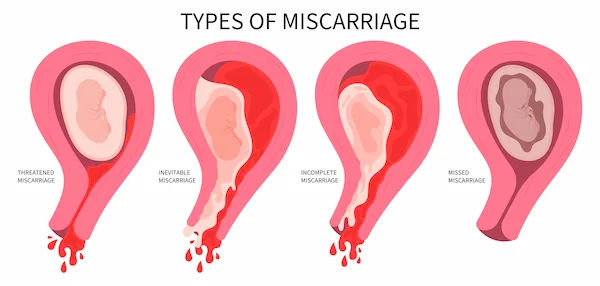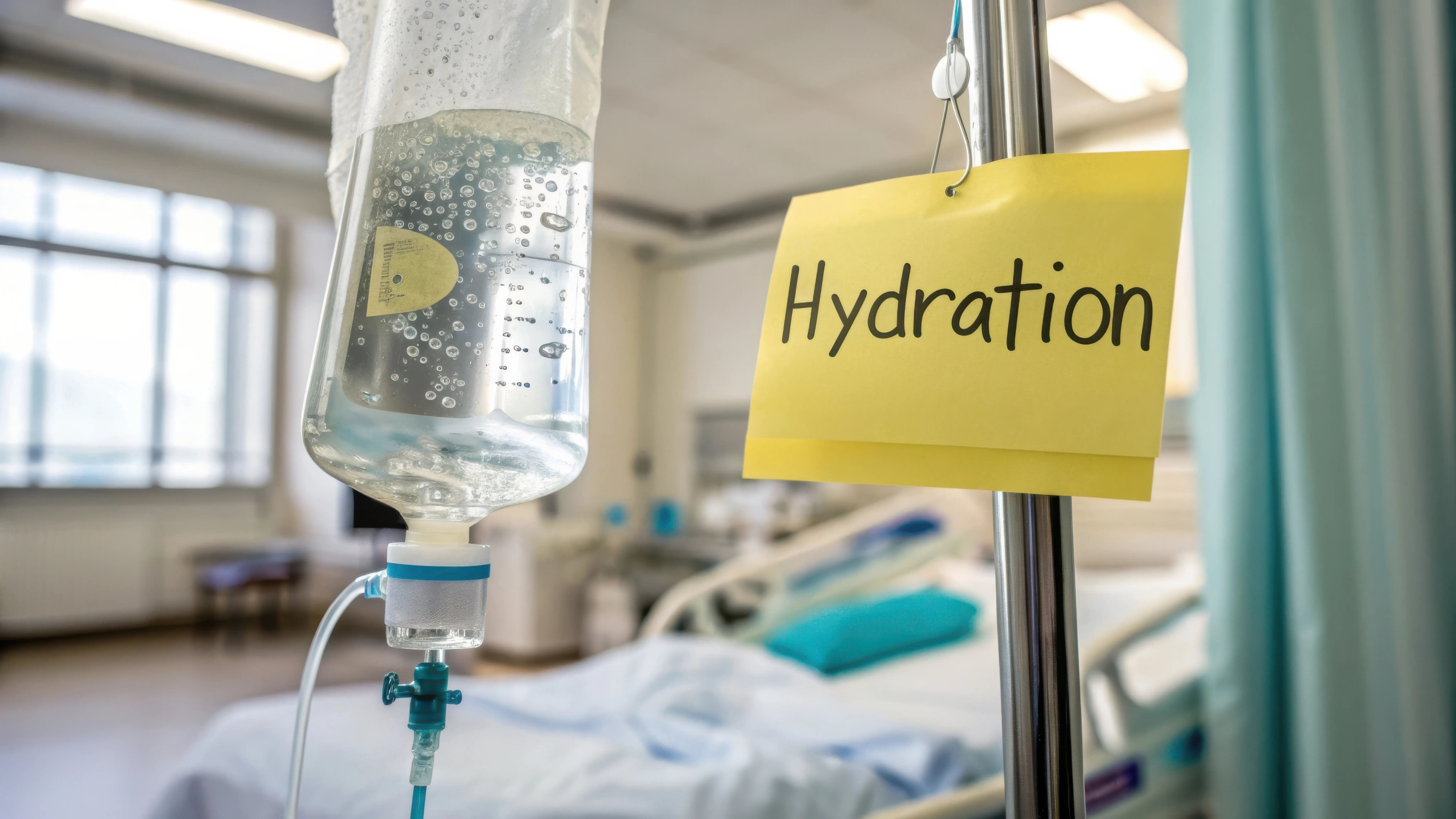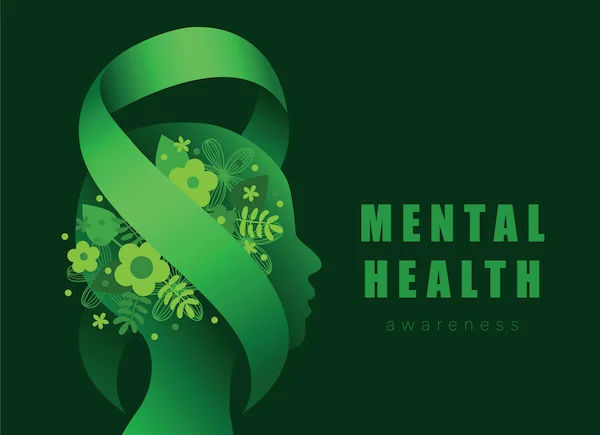Guide to Radiation Side Effects and Their Management
Learn about common radiation side effects and practical ways to manage them. Explore tips for skin care, fatigue, nutrition, and long-term recovery to improve comfort during cancer treatment.

Written by Dr. M L Ezhilarasan
Reviewed by Dr. D Bhanu Prakash MBBS, AFIH, Advanced certificate in critical care medicine, Fellowship in critical care medicine
Last updated on 13th Jan, 2026

Introduction
Radiation therapy is a powerful and common tool in the fight against cancer, used by itself or alongside surgery and chemotherapy. While its goal is precise—to destroy cancer cells—it can sometimes affect nearby healthy tissues, leading to a range of potential side effects. Understanding these radiation side effects is the first step toward effectively managing them and maintaining your quality of life during treatment. This guide will walk you through the most common side effects, organised by body area, and provide practical, actionable advice for finding relief. We’ll cover everything from skin care routines for radiodermatitis to dietary tips for managing nausea, empowering you with knowledge and strategies to navigate your treatment journey with greater confidence and comfort.
What is Radiation Therapy and How Does It Work?
The Goal: Targeting Cancer Cells
Radiation therapy uses high-energy particles or waves, such as X-rays or protons, to damage or destroy cancer cells. It works by damaging the DNA inside these cells, making it impossible for them to grow and divide. Modern technology allows oncologists to target these beams with incredible precision, focusing the maximum dose on the tumor while sparing as much surrounding healthy tissue as possible.
Why Side Effects Occur: The Impact on Healthy Cells
Despite this precision, some healthy cells in the path of the radiation beam can be affected. This is the root cause of most side effects of radiation therapy. The nature and severity of these effects depend on the part of the body being treated, the total dose of radiation, and your individual health. It's crucial to remember that these are typically localised; for example, radiation to the pelvis won't cause hair loss on your head.
Consult a Radiation Oncologist for the best advice
Common Side Effects of Radiation Therapy
Fatigue: The Most Common Challenge
Overwhelming tiredness, or fatigue, is the most frequently reported side effect. It’s not the kind of tiredness that a good night's sleep fixes. It’s a profound lack of energy that can affect your daily routine.
Management Tips: Listen to your body and prioritise rest. Short naps can help, but try to maintain a regular sleep schedule. Gentle exercise, like short walks, can paradoxically boost energy levels. Delegate tasks and don’t hesitate to ask for help.
Skin Reactions: Care for the Treated Area
The skin in the treated area may react much like a sunburn. You might experience radiation skin irritation, redness, dryness, itching, peeling, and sometimes darkening. In some cases, the skin may become moist and sore.
Management Tips: Wear loose, soft clothing. Use lukewarm water and mild, fragrance-free soap. Gently pat the skin dry—do not rub. Use only moisturisers approved by your radiation team. Protect the area from the sun with clothing or a high-SPF sunscreen.
Hair Loss in the Treatment Area
Radiation causes hair loss only in the area being treated. For example, radiation therapy to the head for a brain tumor will cause scalp hair loss, but treatment to the hip will not.
Management Tips: Hair often grows back after treatment ends, though it might be a different texture or colour. Be gentle with your scalp. Consider soft hats, scarves, or wigs if desired.
Side Effects by Treatment Area
Radiation to the Head and Neck
This can lead to some of the most challenging side effects, requiring dedicated symptom management.
Managing Mouth Sores and Dry Mouth
Mucositis (mouth sores) and xerostomia (dry mouth) are common. They can make eating and swallowing painful.
Management: Use a soft-bristle toothbrush. Rinse frequently with a salt and baking soda solution. Avoid alcohol-based mouthwashes. Suck on ice chips or sugar-free candy to stimulate saliva. Your doctor can prescribe pain relievers for severe sores.
Taste Changes and Difficulty Swallowing
Food may taste metallic, bland, or otherwise "off." Swallowing may become difficult (dysphagia).
Management: Experiment with different foods and seasonings. Focus on moist, soft foods like soups, smoothies, and stews. Nutritional shakes can help maintain calorie intake. A speech or swallowing therapist can provide valuable exercises.
Radiation to the Chest
Treating breast or lung cancer can affect the oesophagus and lungs.
Dealing with a Sore Throat and Cough
Radiation can irritate the oesophagus, causing a sore throat and pain when swallowing. A persistent, dry cough is also possible.
Management: Drink plenty of cool fluids. Eat soft, pureed foods. Pain medication or soothing lozenges may help. If a persistent cough is accompanied by fever or shortness of breath, consult a doctor online with Apollo24|7 to rule out other causes.
Radiation to the Abdomen and Pelvis
Treating cancers in the stomach, pancreas, or reproductive organs often affects the digestive system.
Nausea, Vomiting, and Diarrhoea
These are very common with abdominal radiation treatment. The irritation to the stomach and intestines disrupts their normal function.
Management: Eat small, frequent meals instead of three large ones. Avoid greasy, spicy, or overly sweet foods. Stay hydrated with water, broth, or electrolyte solutions. Your doctor can prescribe effective anti-nausea and anti-diarrhoea medications.
Bladder Irritation and Sexual Health
Pelvic radiation can irritate the bladder, causing a feeling of urgency or a burning sensation during urination. It can also affect sexual function and fertility.
Management: Drink plenty of fluids to dilute urine. Discuss any sexual health concerns, including vaginal dryness or erectile dysfunction, openly with your healthcare team. They can recommend solutions and supportive care.
The Timeline: Acute vs. Late Side Effects
What to Expect During and Immediately After Treatment
Most side effects are "acute," meaning they begin during or shortly after treatment and typically subside within a few weeks to months after treatment ends. Fatigue and skin reactions usually fall into this category.
Understanding Long-Term or Late Effects
"Late effects" can appear months or even years after treatment and may be permanent. These are less common but important to monitor. Examples include tissue fibrosis (thickening or scarring), changes in skin colour, and a small increased risk of secondary cancers in the treated area. Your oncology team will discuss your specific risk profile.
Proactive Management: Tips for Relief and Recovery
Skincare Regimen During Radiation
Adhering to a strict skincare routine is non-negotiable. Use only recommended products and avoid any adhesives, hot water, or extreme temperatures on the treated skin.
Nutritional Support and Diet Adjustments
What to eat during radiation treatment is a common concern. Working with a nutritionist can be invaluable. Focus on high-protein, high-calorie foods to maintain strength. If swallowing is hard, liquid nutrition can be a lifesaver.
The Role of Rest and Gentle Exercise
Balance is key. While rest is essential, too much inactivity can worsen fatigue. Incorporate short, daily walks or gentle stretching to maintain muscle mass and improve mood and energy levels.
When to Contact Your Healthcare Team
Always report new or worsening symptoms to your care team. Seek immediate medical advice if you experience:
• A fever of 100.4°F (38°C) or higher.
• Severe pain that is not relieved by prescribed medication.
• Unexplained shortness of breath.
• Severe diarrhoea or vomiting preventing you from keeping liquids down.
If your skin condition shows signs of infection (increased redness, warmth, pus, or fever), it's crucial to get professional medical advice. You can consult a dermatologist online with Apollo24|7 for a quick evaluation and treatment guidance.
Conclusion
Navigating radiation side effects requires patience, self-compassion, and a proactive approach. While the journey can be challenging, it's important to remember that these effects are a sign that the treatment is working at a cellular level and are most often temporary. By understanding what to expect, implementing practical management strategies, and maintaining open communication with your oncology team, you can significantly improve your comfort and well-being during this time. You are not alone in this—lean on your support system and healthcare providers. Your focus on managing these side effects is a powerful and active part of your healing process.
Consult a Radiation Oncologist for the best advice
Consult a Radiation Oncologist for the best advice

Dr. Sanchayan Mandal
Medical Oncologist
17 Years • MBBS, DNB Raditherapy, DrNB Medical Oncology
East Midnapore
VIVEKANANDA SEBA SADAN, East Midnapore

Dr.sanchayan Mandal
Medical Oncologist
17 Years • MBBS, DrNB( MEDICAL ONCOLOGY), DNB (RADIOTHERAPY),ECMO. PDCR. ASCO
Kolkata
Dr. Sanchayan Mandal Oncology Clinic, Kolkata

Dr. Praveen Kumar Garg
Surgical Oncologist
26 Years • MBBS, M.S.(Gen.Surg.), M.Ch.(OncoSurg.)
Delhi
Apollo Hospitals Indraprastha, Delhi
(50+ Patients)

Dr. Rupam Manna
Radiation Specialist Oncologist
7 Years • MBBS MD(RADIO THERAPY), CCEBDM
Barasat
Diab-Eat-Ease, Barasat

Dr. Naman Utreja
Radiation Specialist Oncologist
11 Years • MBBS, MD Radiotherapy
Noida
Shanvi Heart and Cancer Care Clinic, Noida
(50+ Patients)
Consult a Radiation Oncologist for the best advice

Dr. Sanchayan Mandal
Medical Oncologist
17 Years • MBBS, DNB Raditherapy, DrNB Medical Oncology
East Midnapore
VIVEKANANDA SEBA SADAN, East Midnapore

Dr.sanchayan Mandal
Medical Oncologist
17 Years • MBBS, DrNB( MEDICAL ONCOLOGY), DNB (RADIOTHERAPY),ECMO. PDCR. ASCO
Kolkata
Dr. Sanchayan Mandal Oncology Clinic, Kolkata

Dr. Praveen Kumar Garg
Surgical Oncologist
26 Years • MBBS, M.S.(Gen.Surg.), M.Ch.(OncoSurg.)
Delhi
Apollo Hospitals Indraprastha, Delhi
(50+ Patients)

Dr. Rupam Manna
Radiation Specialist Oncologist
7 Years • MBBS MD(RADIO THERAPY), CCEBDM
Barasat
Diab-Eat-Ease, Barasat

Dr. Naman Utreja
Radiation Specialist Oncologist
11 Years • MBBS, MD Radiotherapy
Noida
Shanvi Heart and Cancer Care Clinic, Noida
(50+ Patients)
More articles from General Medical Consultation
Frequently Asked Questions
1. Do all patients experience the same radiation side effects?
No, side effects are highly individualised. They depend on the treatment location, radiation dose, your overall health, and genetic factors. Your oncology team will provide a personalised outlook.
2. How long after radiation do side effects start?
Some effects, like fatigue, can start within the first few weeks of treatment. Skin changes often appear after two to three weeks. The timeline varies for everyone.
3. Are there any natural remedies for radiation side effects?
Some can be helpful, but always check with your doctor first. For example, aloe vera gel can soothe skin for some, but it can also contain ingredients that irritate sensitive, radiated skin. Manuka honey is sometimes used for mouth sores under medical guidance.
4. Will my side effects be permanent?
Most acute side effects lessen and disappear within a few months after treatment ends. However, some long-term or late effects can be permanent. Your doctor will discuss this risk based on your specific treatment plan.
5. Can I work during radiation therapy?
Many people can work, especially if they can adjust their schedule or work remotely. However, fatigue is a major factor. It's best to discuss your options with your employer and your care team to create a manageable plan.




